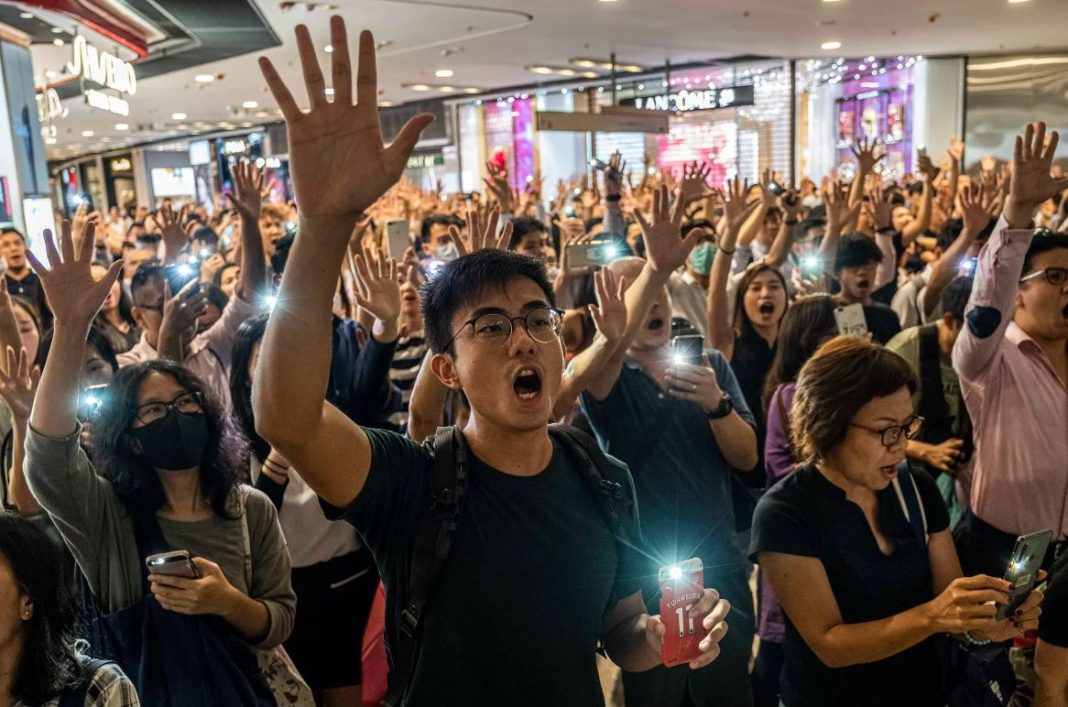YouTube announced on Tuesday that it will comply with a Hong Kong court order to block users in the territory from accessing a popular pro-democracy anthem, “Glory to Hong Kong.” This decision has raised significant concerns about free speech and underscored the increasingly precarious environment for tech companies operating in Hong Kong, which has come under tighter control by Beijing.
Last week, a Hong Kong court granted a government request to ban the song, identifying 32 YouTube links to videos of “Glory to Hong Kong.” The judges described the song as a “weapon” capable of undermining national security. The court stated that the injunction was necessary to compel technology companies to remove the song from their platforms.
Google, YouTube’s parent company, has a policy of removing or restricting access to content deemed illegal by courts in specific countries or regions. According to Google’s transparency report, the company received 105 removal requests in 2022 for various content on its platforms, including YouTube and Google Search. Six of these requests were related to alleged national security threats.
In May 2023, Google was asked to remove a Google Drive account that “appeared to encourage participants to submit videos of themselves singing ‘Glory to Hong Kong.'” Google did not comply with this request. However, by blocking access to “Glory to Hong Kong” in Hong Kong, YouTube will also prevent these videos from appearing in Google search results within the territory.
Since the 2019 pro-democracy protests, “Glory to Hong Kong” has been a contentious issue for authorities, who view it as an affront to China’s national anthem. The song has already been banned in Hong Kong schools.
In recent years, Beijing has tightened its grip on the former British colony by imposing a national security law that has stifled nearly all forms of dissent. Individuals convicted of posting seditious content online have faced imprisonment. In March, the Hong Kong government enacted new security legislation that criminalized activities such as “external interference” and the theft of state secrets, creating potential risks for multinational companies operating in the city.
Compared to mainland China, where the internet is heavily censored and surveilled, Hong Kong has maintained relatively greater online freedoms. Facebook and X (formerly known as Twitter) continue to operate in Hong Kong after being blocked on the mainland in 2009. Google shut down its China services in 2010, redirecting users to its Hong Kong search engine.
YouTube’s decision raises questions about whether other platforms, such as Facebook, Instagram, and Spotify, will face similar pressures to censor content. George Chen, co-chair of digital practice at The Asia Group, a consulting firm in Washington, noted that the Hong Kong government might now target other platforms where the protest songs can be found.
The unfolding situation highlights the complex balance tech companies must navigate between complying with local laws and upholding principles of free speech and open access to information.

